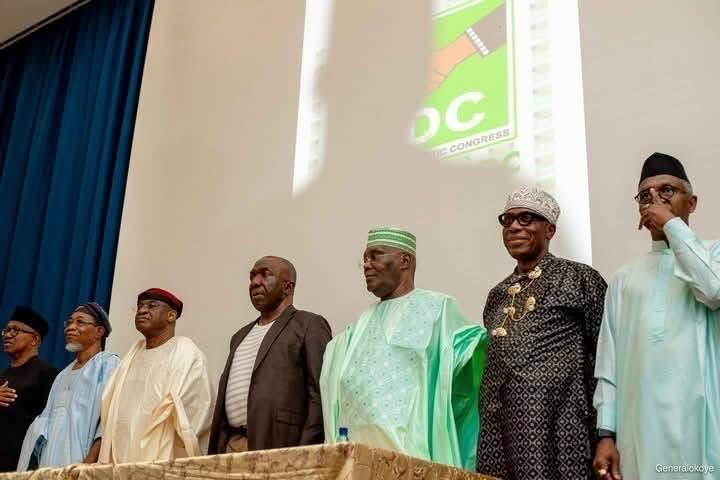By Adekunle Ade-Adeleye
Months after the Supreme Court gave judgment against states maintaining leverage over local government finances through the state joint accounts with LGs, the conundrum of LG autonomy is yet to be resolved. The Supreme Court judgment all but gave autonomy to the LGs by completely delinking them from any financial controls erected by governors. But both the judgment and the bid for financial autonomy have appeared to falter.
Firstly, the states outrightly resisted the push for autonomy, until Justice minister Lateef Fagbemi threatened them for deliberately and provocatively undermining the Supreme Court judgment. No governor seemed eager to be hauled a second time before the Supreme Court for contempt of court. Secondly, after sensible avoiding open defiance, the governors sought for more time to resolve some technical issues plaguing the account opening at the CBN. Whether those technical details have been fully and satisfactorily resolved or even partially resolved, no governor has volunteered to any explanation.
But last week, the governors leapfrogged over all the loose talk and considerations regarding those technical details that needed explication and instead jumped into another stratagem to halt the delinking of the LG accounts. The states now want the federal government to enable the LGs to operate their commercial bank accounts instead of compelling them to open new and ‘unconstitutional’ accounts with CBN. They cite legal and constitutional provisions to back their claims. They are partly right to caution against forcing the LGs into opening accounts with the CBN, but it is nevertheless clear that the governors are clutching at any straw to stifle the LG financial autonomy judgment which the court granted.
Thirdly, other than a few states prepared to sustain their defiance of the Supreme Court judgment and to demonstrate their opposition to LG autonomy, most states have been clever at showing their hands. They remain unconvinced that the LGs can run themselves well or avoid bankruptcy if given autonomy. They fear that once LGs enjoy financial autonomy, it is just one or two steps away from open defiance of the governors. In fact, a few states, such as Anambra, have begun to make laws for administration of LGs as provided for in the constitution, but which cleverly subvert the Supreme Court judgment. The talk about letting the LGs maintain their commercial bank accounts is merely a red herring.
At bottom, all the controversies about LG financial autonomy are a reflection of the contradictions contained in a few provisions of the 1999 constitution. The controversies will continue and the struggle for influence and control will not abate until the country is restructured to enable financial federalism on a scale that matches or even supersedes the federal arrangement between the federal government and the states. If the country does not get it right regarding the federating tiers, the acrimony will persist.
The safe bet is that governors will find extenuations to subjugate the LGs. One way they do this is to ensure that the subversion begins at the level of electing LG officials. Thereafter, with all or nearly all the seats safe in the hands of their political party, they will dare any of the elected LG officials to cross or defy party lines or discipline. Usually, the LG officials are too glad to be elected than care about judicial or even constitutional niceties.
If the effort of the federal government to ensure that development permeates the local government is not to go up in smoke, they will have to go the route of general political restructuring. Piecemeal selection of core constitutional issues and challenges will only deliver temporary reliefs. So far, the governors are winning, despite the federal government’s comprehensive victory at the Supreme Court. If the governors manage to sustain their victory for a little longer or dither about implementation until close to the general election, they may get away with a largely and deliberately compromised Supreme Court judgement. In fact, the federal government is going to discover that it is alone in this matter. Some few LGs may make a lot of noise, but they will not let the noise develop into a huge fight. Since the state legislatures still make laws for the running of the LGs, it will be a tool dreaded by the elected LG officials, particularly the chairmen, whose suspension could easily be procured by a combative and unforgiving governor.
Culled from The Nation













